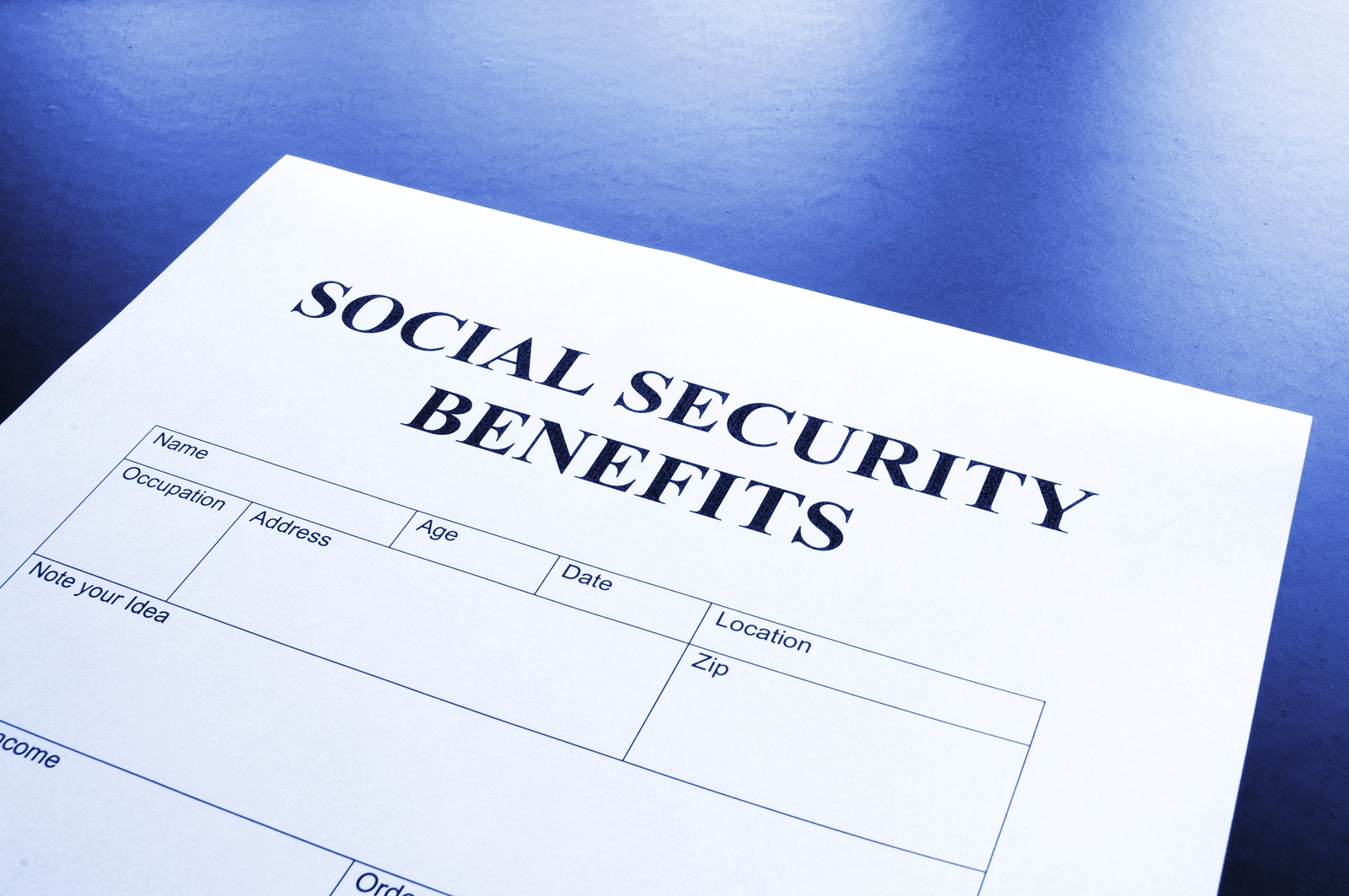Thousands Without Social Security Numbers Receive Benefits
A new audit released recently by the Social Security Administration shows that over the last decade, thousands of people who don’t have a social security number (SSN) have received benefits.
Fox News reports that the Social Security Administration (SSA) has paid $1 billion in benefits to people without a SSN.
“The agency’s inspector general found errors in the government’s documentation for representative payees, otherwise known as individuals who receive retirement or disability payments on behalf of another person who is incapable of managing the benefits themselves,” the Fox News article reads.
Thousands of cases were found where there was no SSN on file.
The agency reportedly paid $1 billion to 22,426 representative payees who “did not have a SSN, and SSA had not followed its policy to retain the paper application.”
The inspector general commented saying that unless the SSA corrects the way they’re processing the benefits, the agency is on track to pay about $182.5 million in benefits annually to representative payees who don’t have a SSN.
A representative payee is a person or an organization appointed to receive Social Security or SSI benefits for anyone who can’t manage or direct the management of his or her benefits.
Sometimes that means a person has a mental or physical disability, other times it’s an illegal immigrant whose child or other family member is eligible for benefits. A payee is required to keep records of expenses.
The SSA said that representative payees play a large role in many beneficiaries’ lives. There are currently about 5.7 million representative payees managing annual benefits for about 8 million beneficiaries.
The inspector general also found the agency paid $853.1 million in benefits since 2004 to people who had been terminated as representative payees by the agency.
The current process requires that the SSA verifies or appoints a SSN (or employer identification number) for a payee applicant, but it does not currently require that someone have a SSN to serve as a payee.
Skeptics have commented their concerns online on blogs like The American Thinker, asking questions such as:
How many of these checks end up in the representative’s (payee’s) bank? Or, how many are completely fraudulent?
Bloggers are calling on Congress to take another look at the Social Security disability process and either make changes to it, or rid of it all together.






























